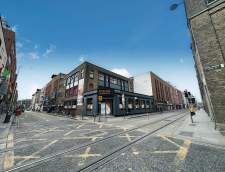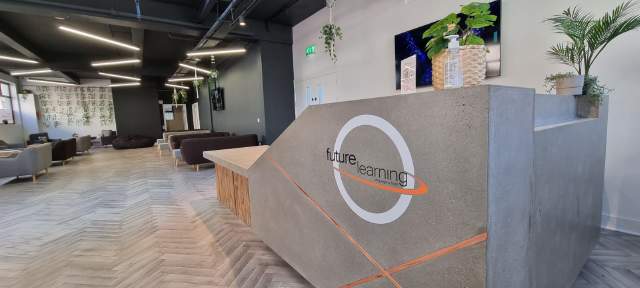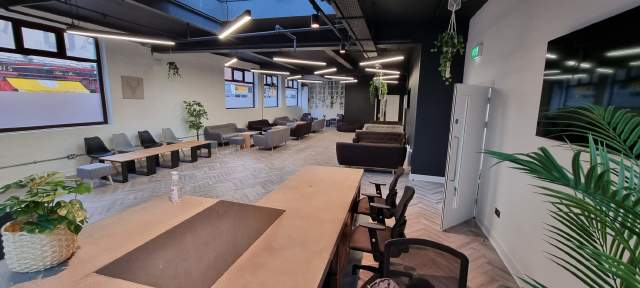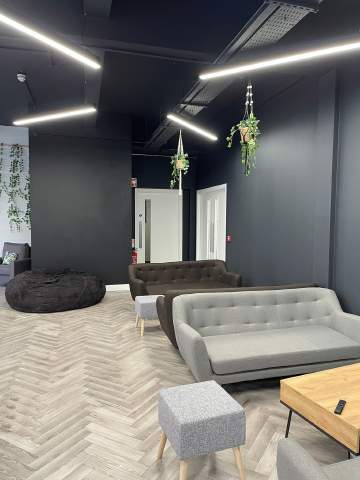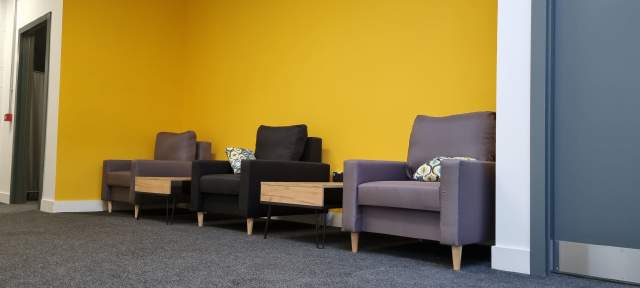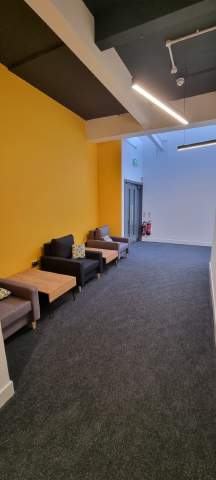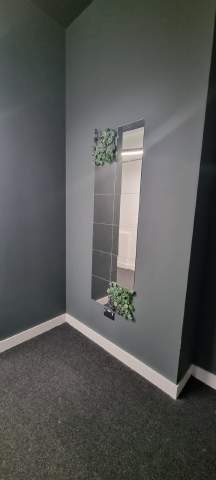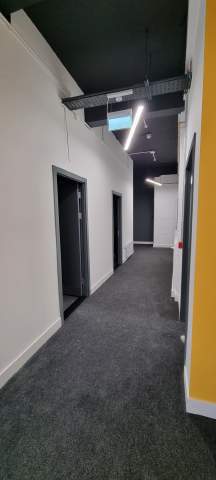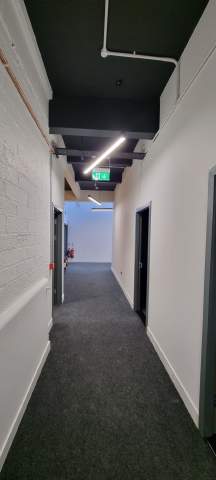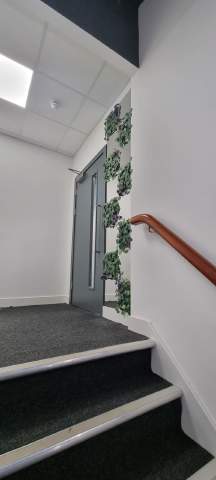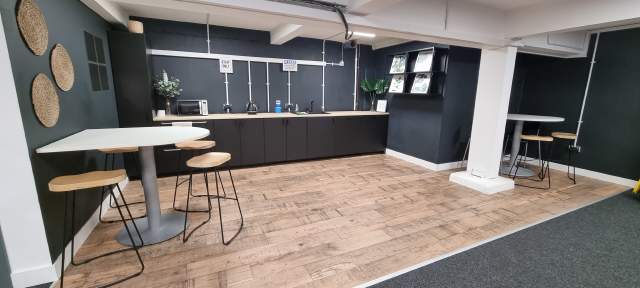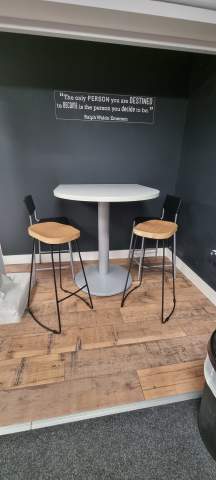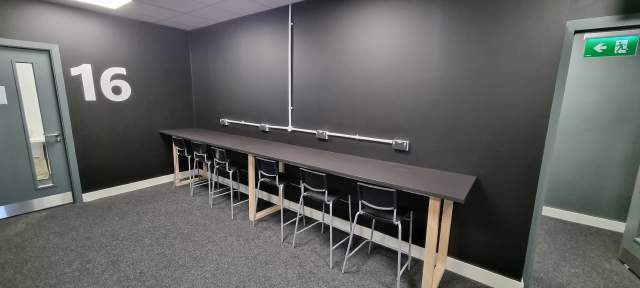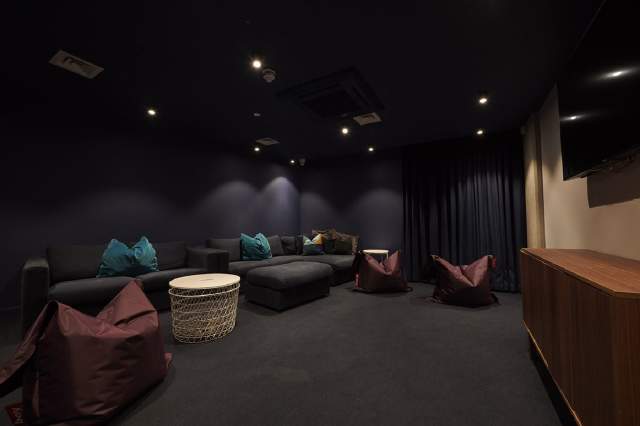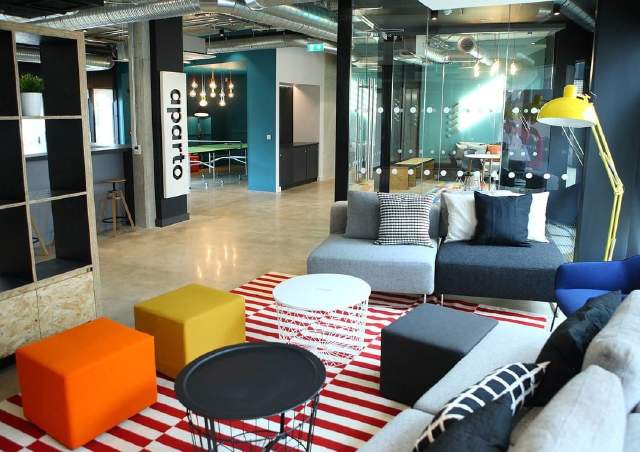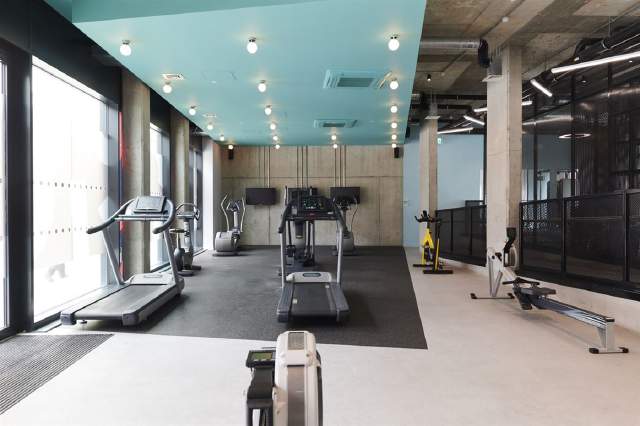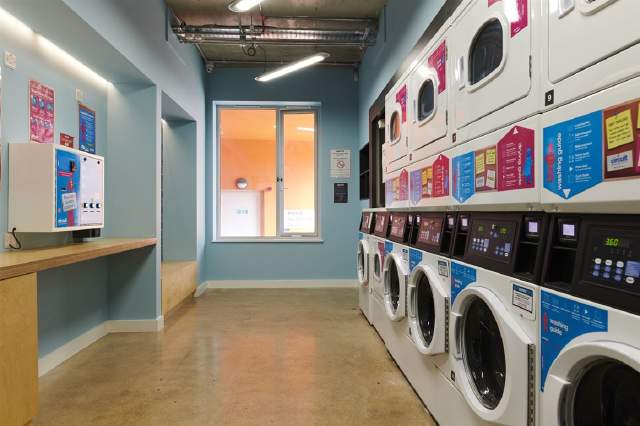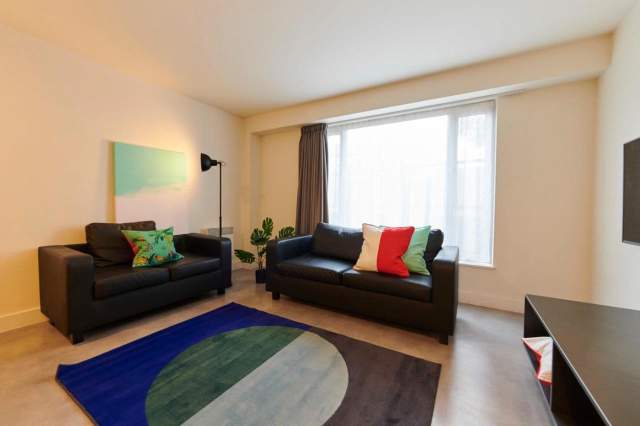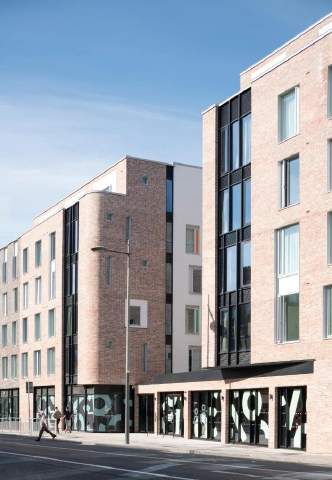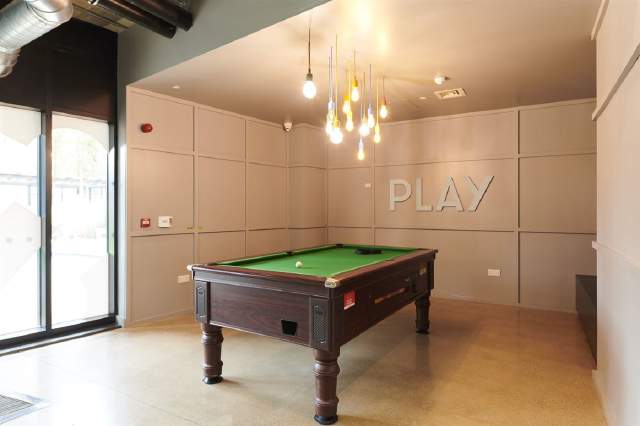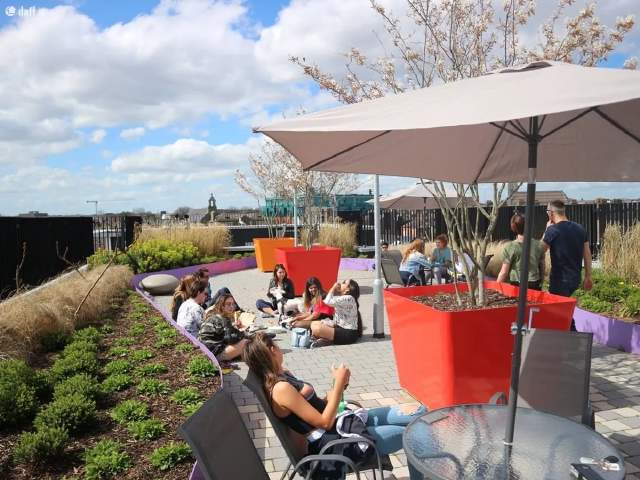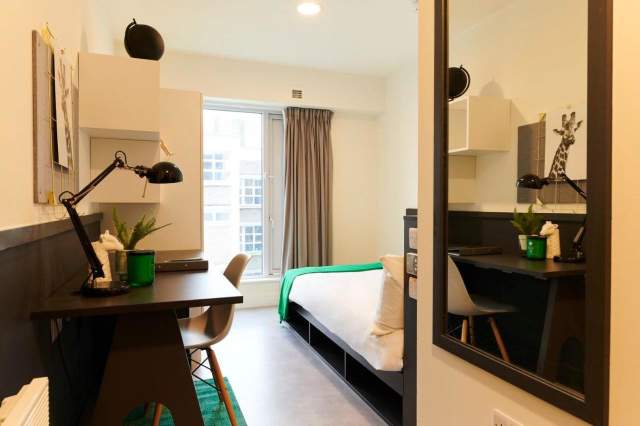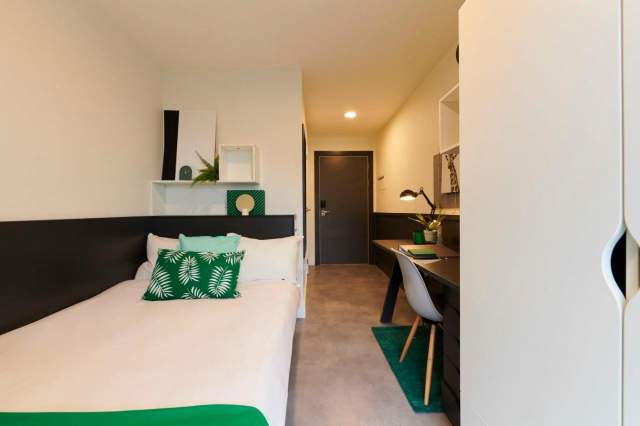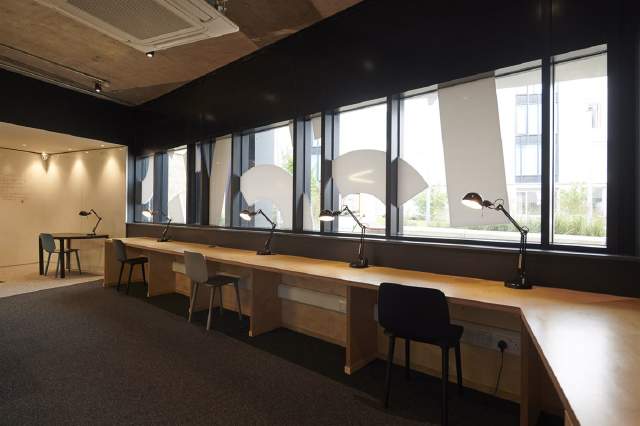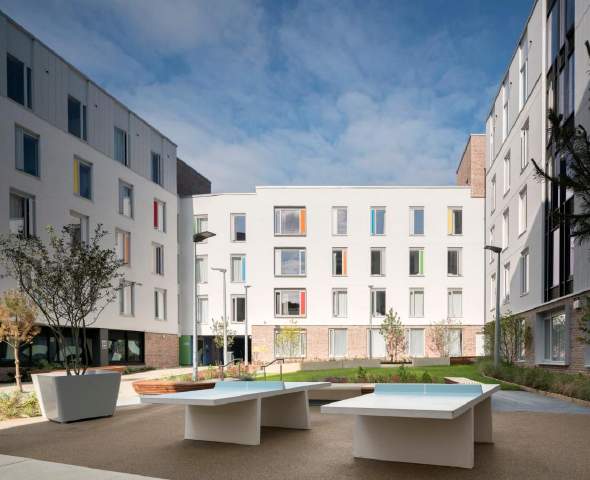-

Future Learning Dublin City Centre
1/41
-
![]()
Future Learning Dublin City Centre
2/41
-
![]()
Future Learning Dublin City Centre
3/41
-
![]()
Future Learning Dublin City Centre
4/41
-
![]()
Future Learning Dublin City Centre
5/41
-
![]()
Future Learning Dublin City Centre
6/41
-
![]()
Future Learning Dublin City Centre
7/41
-
![]()
Future Learning Dublin City Centre
8/41
-
![]()
Future Learning Dublin City Centre
9/41
-
![]()
Future Learning Dublin City Centre
10/41
-
![]()
Future Learning Dublin City Centre
11/41
-
![]()
Future Learning Dublin City Centre
12/41
-
![]()
Future Learning Dublin City Centre
13/41
-
![]()
Future Learning Dublin City Centre
14/41
-
![]()
Future Learning Dublin City Centre의 건물
15/41
-
![]()
Future Learning Dublin City Centre이 제공하는 학생 레지던스
16/41
-
![]()
Future Learning Dublin City Centre이 제공하는 학생 레지던스
17/41
-
![]()
Future Learning Dublin City Centre이 제공하는 학생 레지던스
18/41
-
![]()
Future Learning Dublin City Centre이 제공하는 학생 레지던스
19/41
-
![]()
Future Learning Dublin City Centre이 제공하는 학생 레지던스
20/41
-
![]()
Future Learning Dublin City Centre이 제공하는 학생 레지던스
21/41
-
![]()
Future Learning Dublin City Centre이 제공하는 학생 레지던스
22/41
-
![]()
Future Learning Dublin City Centre이 제공하는 학생 레지던스
23/41
-
![]()
Future Learning Dublin City Centre이 제공하는 학생 레지던스
24/41
-
![]()
Future Learning Dublin City Centre이 제공하는 학생 레지던스
25/41
-
![]()
Future Learning Dublin City Centre이 제공하는 학생 레지던스
26/41
-
![]()
Future Learning Dublin City Centre이 제공하는 학생 레지던스
27/41
-
![]()
Future Learning Dublin City Centre이 제공하는 학생 레지던스
28/41
-
![]()
Future Learning Dublin City Centre
29/41
-
![]()
Future Learning Dublin City Centre
30/41
-
![]()
Future Learning Dublin City Centre
31/41
-
![]()
Future Learning Dublin City Centre
32/41
-
![]()
Future Learning Dublin City Centre
33/41
-
![]()
Future Learning Dublin City Centre
34/41
-
![]()
Future Learning Dublin City Centre
35/41
-
![]()
Future Learning Dublin City Centre
36/41
-
![]()
Future Learning Dublin City Centre
37/41
-
![]()
Future Learning Dublin City Centre
38/41
-
![]()
Future Learning Dublin City Centre
39/41
-
![]()
Future Learning Dublin City Centre
40/41
-
![]()
Future Learning Dublin City Centre
41/41


